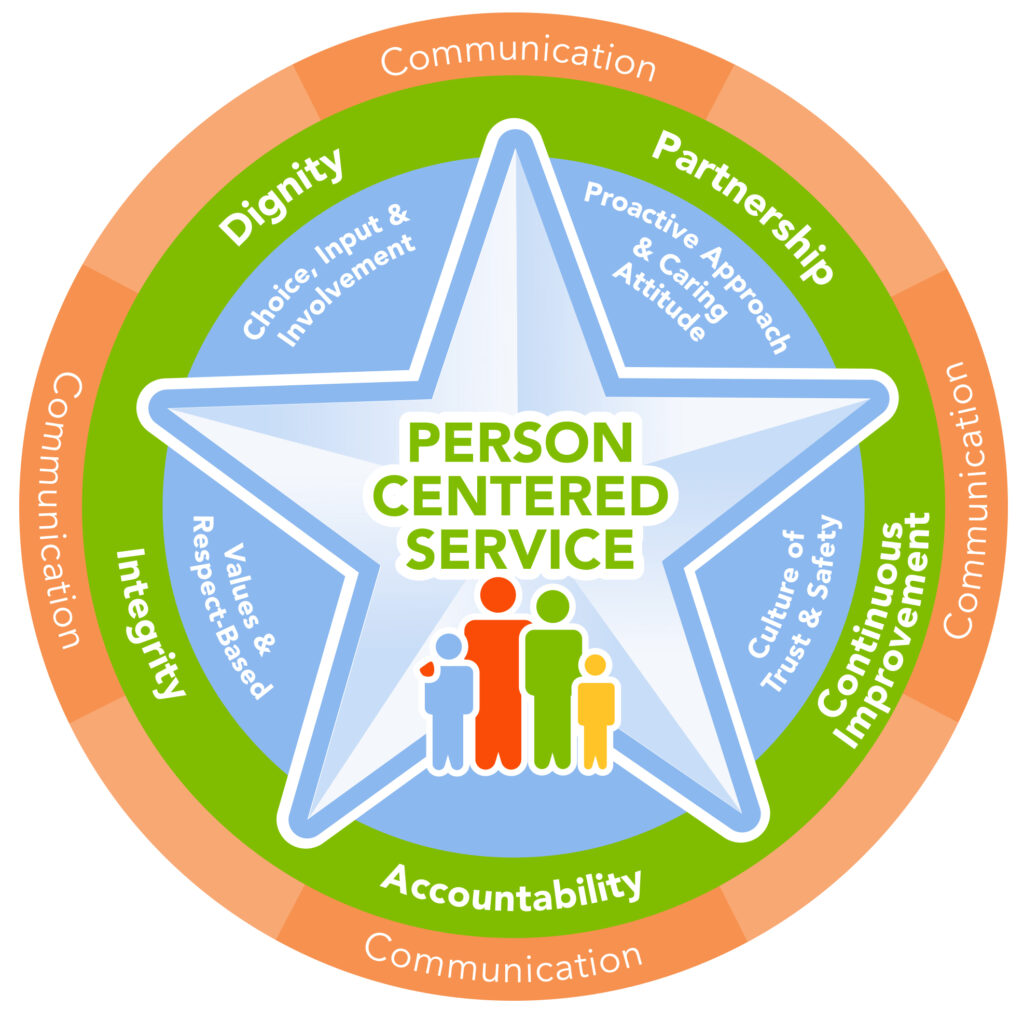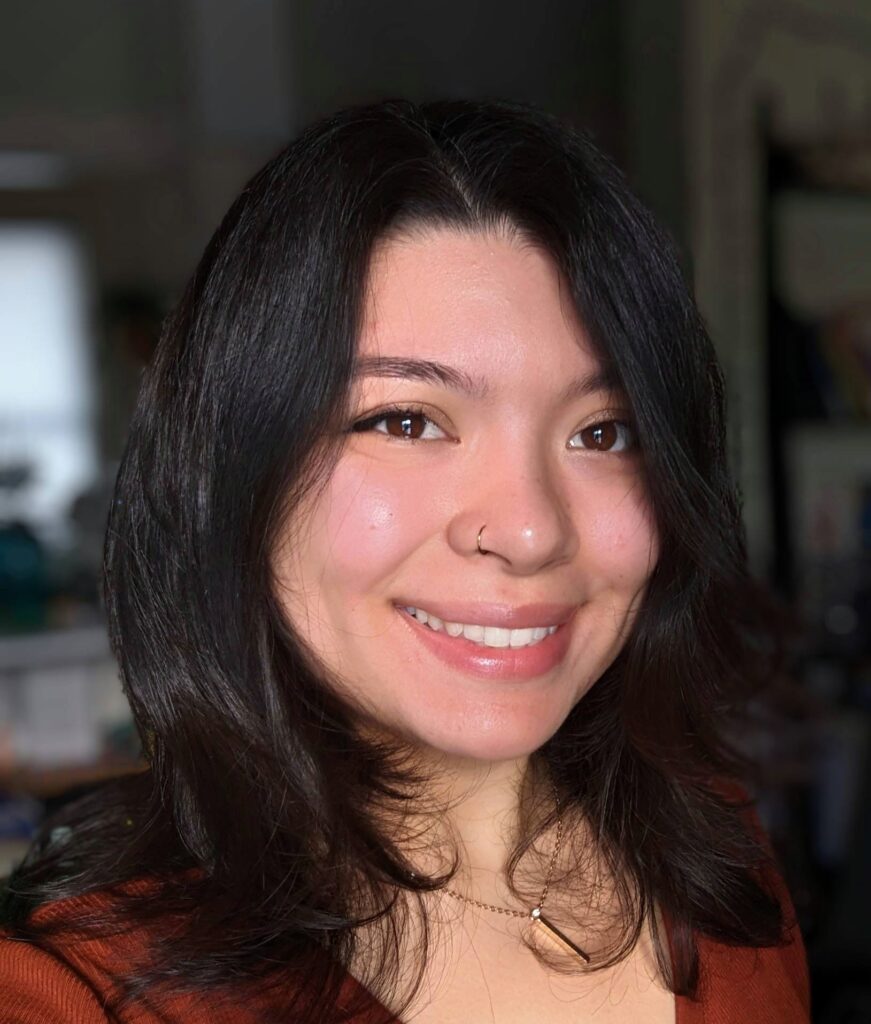about the toolkit
“The very essence of the person-centered approach is about individuality, which leads to a community of acceptance characterised by difference.” – Terry Daly
WHY A TOOLKIT?
A research study conducted by Horvitz-Lennon, et al.1 calculated the number of community mental health agencies that were working in accordance to national recommended outpatient practices for clients who experience altered states. The results were shocking:
10 out of the 11 mental health agencies studied only adhered to "between 10% and 46%”5 of the recommended care and treatment practices for this population.
Mental health agencies must become better educated about how to work with this population. Developing empowering, sustainable, and person-centered approaches to care are crucial to advocate for human rights and best-care practices within a population that has historically been oppressed, villianized, and misunderstood.
person-centered care
This toolkit has been created following the principles of the post-modernist practice of person-centered approaches to care.
Coined by American psychologist Carl Rogers in the early 1940s, person-centered approaches to care centers around the idea that a client is the expert of their own lives. It suggests that practitioners should take a non-directive role in the therapeutic relationship, offering a space that allows for “uncensored self-exploration” (thus allowing for self-directed psychological growth)2.
Person-centered care is often considered the benchmark guiding principle for social service delivery due to its ability to offer holistic, respectful, individualized, and empowering treatment to people who have historically been oppressed and marginalized by previous popular frameworks of care that center around heirarchical expert/patient dynamics3.

what is transformative social work?
Social work is a profession that allows people to support and advocate for others coping with struggles in their everyday lives. You can find social workers in many different fields, such as mental health, education, family services, policy-making, and the medical field. (See ‘Social Work Guiding Principles’ page for more information)
Transformative Social Work is a school of social work thought that emphasizes working through three specific concepts4:
- Strengths Perspective
- Working with a person’s strengths and resiliency rather than from their deficits or barriers
- Critical Social Constructionism
- Revealing and deconstructing taken-for-granted “truths” in the world, so that new subjective meaning can be created
- Human Rights and Social Justice
- Advocating for universal human rights and equal treatment, and empowering those who historically lack power and voice
about the creator
Leia Falco is a current graduate student at the University of Vermont located in Burlington, Vermont, where they are majoring in Transformative Social Work.
This toolkit was created during their final academic year as part of the Spring 2024 capstone class “Integrative Approaches to Transformative Social Work”, taught by Dr. Suzy Comerford, LICSW.
The creation of this toolkit was inspired by Leia’s personal and professional struggles working with people who live with beliefs that may be confusing to others in their society.

James Ashenfelter and former CSAC colleagues • For showing me that the best form of treatment is love
Former client DR • For showing me that this toolkit was needed
♥
“Never to suffer would never to have been blessed.” ― Edgar Allan Poe
